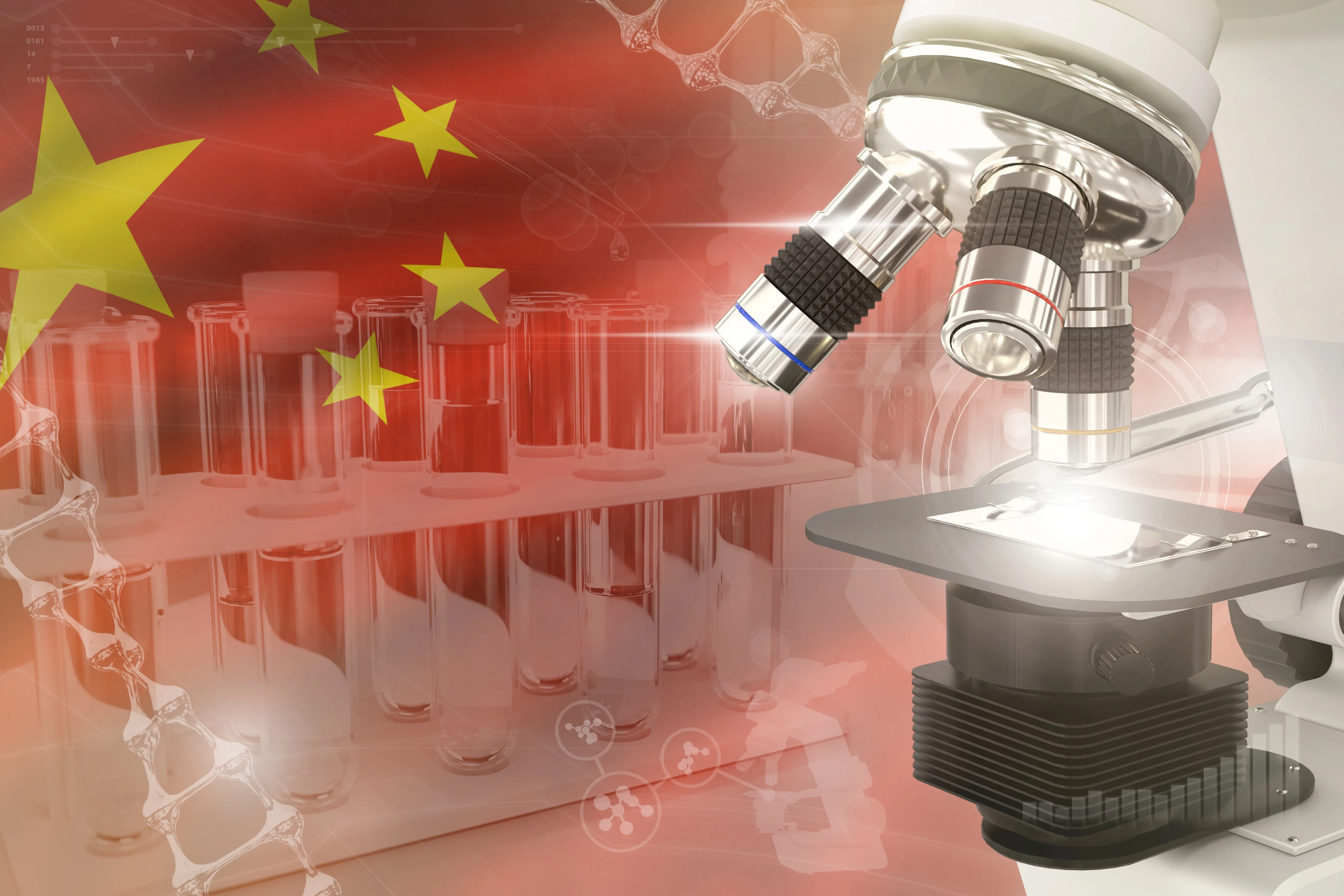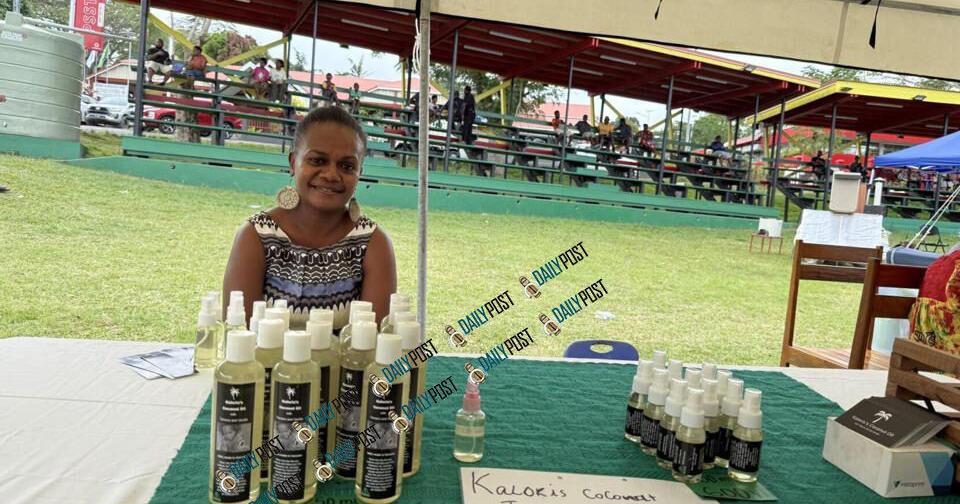By Eric Ng
Copyright scmp

Eleven Chinese healthcare and biotechnology companies filed applications to list on the Hong Kong stock exchange in the last two days of September, taking advantage of an ongoing investment boom in the sector.
The best-known names among them are online healthcare services firm We Doctor Holdings, Sichuan Biokin Pharmaceutical – known for a US$8.4 billion licensing deal with US-based Bristol Myers Squibb (BMS) – and profitable cancer-drug developer Betta Pharmaceuticals.
Other initial public offering (IPO) hopefuls are dietary supplements firm Anhui Huaheng Biotechnology, developer of genetic-sequencing-based screening kits Annoroad Gene Technology (Beijing), cancer immunotherapy innovator Binhui Biopharmaceutical and Good Doctor Cloud Healthcare and Technology Group, which offers artificial intelligence technology for medical institutions.
Also joining the IPO queue are Shanghai Synyi Medical Technology, drugs developer Changchun High-Tech Industry (Group), metabolic diseases medicine developer Shaanxi Micot Pharmaceutical Technology, and maker of radioactive diagnostic and therapy products Yantai Lannacheng Biotechnology.
Including 12 IPO applications submitted earlier in the month by mainland firms in the health and life sciences sector, at least 23 applications were recorded in September, according to a Post analysis of exchange filings. Most are drug and medical-device developers.
The Hang Seng Biotech index, which tracks the 50 largest biotech, pharmaceutical and medical-device firms listed in Hong Kong, has surged 109 per cent this year after slumping 70 per cent from its mid-2021 peak.
“The Hong Kong and China healthcare rally year-to-date is driven by fund flow and out-licensing sentiment,” said Tony Ren, head of Asia healthcare research at Macquarie Capital, in a note on Thursday.
Some 95 so-called “out-licensing” deals worth US$89 billion were struck by Chinese firms up to August 24 this year, accounting for 33 per cent of the global total, nearly double last year’s level of 17 per cent, according to a September 14 Changjiang Securities report citing data from Insight.
We Doctor, partly owned by technology giant Tencent Holdings, late last year revived a plan to raise around US$500 million from an IPO. Based in Hangzhou in China’s eastern Zhejiang province, the firm had previously filed to list in Hong Kong in 2021, but Beijing’s sweeping crackdown on the private sector disrupted such offerings, particularly for companies dealing with sensitive data like medical information.
We Doctor’s revenue in the first half of this year surged 69 per cent from a year earlier to 3.08 billion yuan (US$433 million), according to its prospectus filed on Monday. Its operating loss widened to 406 million yuan from 280 million yuan, due to higher administration costs and weaker profitability of its AI-enabled health management business.
Chengdu, Sichuan-based Biokin’s cancer drug iza-bren is under priority review by Chinese regulators and could be a “next-generation backbone cancer therapy and a super blockbuster drug”, according to the company’s prospectus. The firm has conducted more than 40 clinical trials on the drug for various solid tumours.
A 2023 deal granted the drug’s development rights outside China to BMS in exchange for a US$800 million upfront payment and more than US$7 billion in potential payouts based on regulatory and performance achievements.
Biokin reported a net loss of 1.1 billion yuan on revenues of 170 million yuan in the first half.
Hangzhou-based Betta, which has commercialised several cancer drugs, has been profitable since 2022. First-half net profit fell 37 per cent from a year earlier to 140 million yuan, as revenue grew 15 per cent to 1.73 billion yuan.
Binhui, based in Wuhan, capital of central Hubei province, aims to complete phase-three clinical trial data analysis for its skin-cancer treatment and apply for approval from Chinese regulators by June next year, according to its prospectus.
The company said it also planned to start a phase-three trial for the purpose of seeking approval from the US Food and Drug Administration.
Established in 2010, the firm posted 1.7 million yuan of revenue and a 113 million yuan net loss last year.



